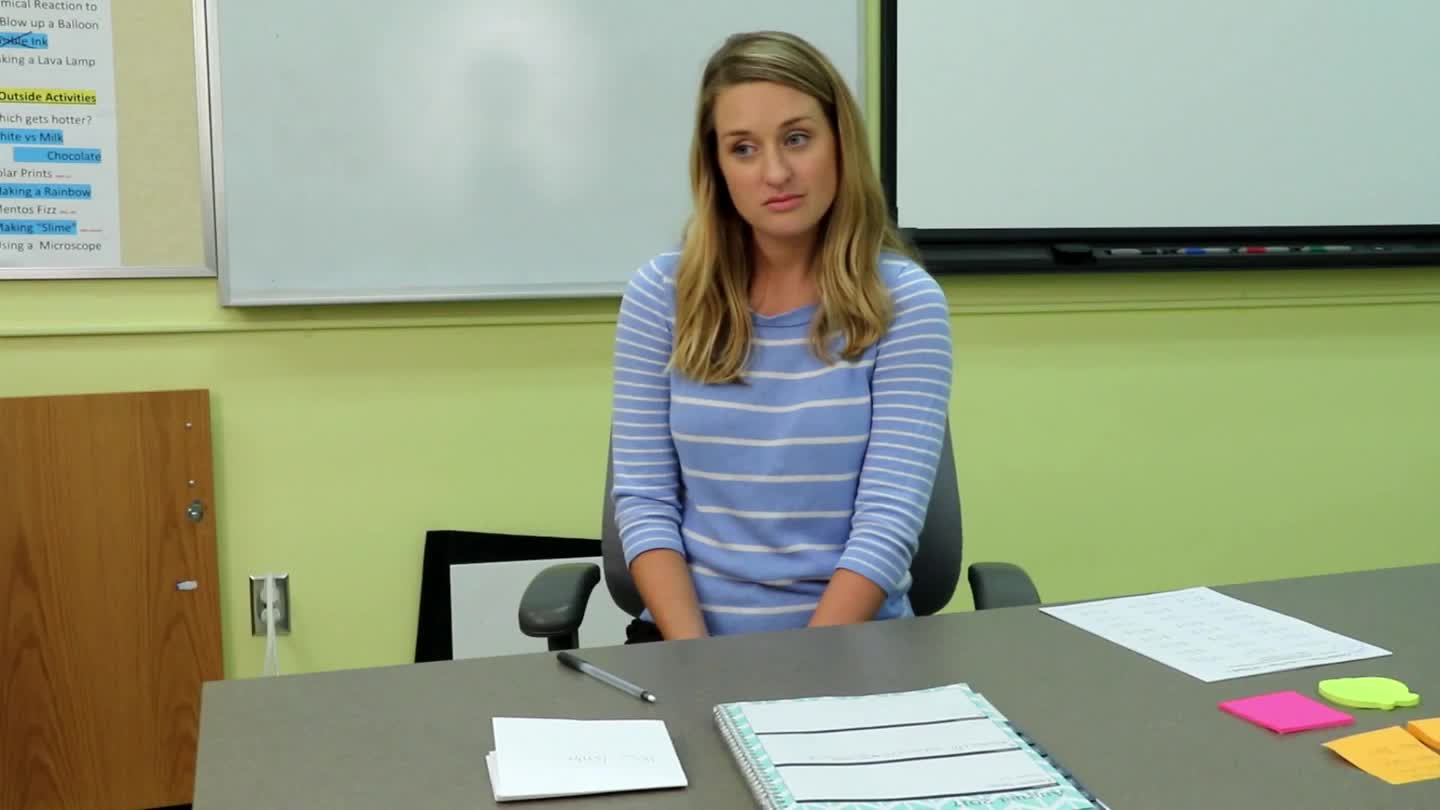
As educators, we understand the importance of teaching our students the principles of Social-Emotional Learning. One crucial skill to develop is the ability to communicate respectfully, especially when correcting an adult. In this blog post, we will discuss an activity that requires no preparation, provide discussion questions, and mention related skills. Finally, we will encourage you to sign up for free samples of these skills and others at Everyday Speech.
Introduction
It’s important for students to learn that everyone, including adults, makes mistakes. However, when addressing a mistake made by an adult, the way a student communicates can have a significant impact on the outcome. Direct communication may sometimes come across as disrespectful, while indirect communication can help prevent hurt feelings and maintain a respectful tone. By teaching students how to communicate indirectly when correcting an adult, we can foster a positive learning environment and encourage respectful relationships.
No-Prep Activity
Role-playing is an effective way to practice indirect communication skills. In this no-prep activity, pair students and assign them roles: one student will play the role of an adult making a mistake, and the other will play the role of a student who notices the mistake.
Provide a few scenarios for the students to role-play, such as a teacher announcing the wrong date for an assignment or a parent forgetting an important event. Encourage the students to practice using indirect communication to respectfully correct the adult’s mistake. After each scenario, have the students switch roles and practice again. This activity allows students to explore different ways of communicating and understand the impact of their words and tone.
Discussion Questions
- Why is it important to communicate respectfully when correcting an adult’s mistake?
- How does indirect communication help maintain a positive and respectful relationship with adults?
- Can you think of a situation where you corrected an adult’s mistake? How did you handle it, and what could you have done differently?
- How can we practice using indirect communication in our everyday lives?
- What are some examples of indirect communication when correcting an adult’s mistake?
Related Skills
Beyond indirect communication, there are other related skills that contribute to a student’s social-emotional development. Some of these skills include:
- Active listening: Focusing on the speaker, understanding their message, and providing appropriate feedback.
- Empathy: Understanding and sharing the feelings of others, which helps students approach situations with kindness and compassion.
- Conflict resolution: Learning how to address disagreements or misunderstandings in a constructive and respectful manner.
- Assertiveness: Expressing one’s thoughts, feelings, and beliefs in an open, honest, and respectful way, without violating the rights of others.
Next Steps
By incorporating principles of Social-Emotional Learning into your classroom, you can help students develop the skills they need to communicate respectfully and effectively. To explore more activities and resources related to indirect communication and other essential skills, sign up for free samples at Everyday Speech. Equip your students with the tools they need to navigate social situations and build strong, respectful relationships with adults and their peers.

